Nearly 5 months ago, I embarked on my journey in Portugal. At the time, I felt a combination of excitement and trepidation. On one hand, I had long wanted to come here to pay homage to my Portuguese ancestry with which I had felt largely disconnected. On the other hand, visiting a new country brings with it the challenge of cultural and linguistic adaptation. It is through this process of adapting that I continue to improve my understanding of Portugal.
Cultural differences manifested themselves on my first day of class. Conditioned by my American tendencies, I arrived to class 10 minutes early in order to get myself situated. After all, it was my first day at a new school in a new country; I did not want to rock the boat. It was a big surprise when I was the only one in the room at the stated start time. Fifteen or so minutes later, the professor and other students meandered.
During a similar instance after eating a traditional Portuguese meal of steak with fried eggs and french fries (interestingly, I eat more french fries here than I do in the US), I waited 45 minutes for the check. In moments like this, you do not need a degree in physics to understand time relativity.
Based on events like these, it is easy to reach the conclusion that the Portuguese are passive or apathetic: a conclusion mirrored by the media coverage of Portugal in the world forum, namely its interactions with the Troika. However, I choose to believe a different narrative. Whereas the United States prioritizes productivity, Portugal is more focused on maintaining a balance between work and professional life. Often, the promotion of the latter comes at the expense of the former. This means that finishing a conversation before class or letting a client finish their coffee before preparing for the next customer are part of the trade-off required for this balance. Consequently, strong personal relationships and a relaxed pace of life are promoted as equal in importance as output maximization.
No better anecdote encompasses this mindset than when I was in the checkout aisle at Mini-Preço. At home, a slight delay elicits grumbling from those behind you. Fearing this, I packed my food rapidly to avoid that outcome. Surprised, the cashier looked at me with a smile and said “slow down, it's not a race”. Too often I find myself running around trying to complete tasks as efficiently as possible while failing to realize that work in itself is just a means to happiness.
The Portuguese generally and Fábrica de Startups particularly, however, have taught me to treat it as an end. One need not be happy only when the work is completed, but also as it is being completed. My five weeks so far at Fábrica demonstrate this. All the interns sit at a long open table allowing for collaboration and the free flow of ideas. By pooling together our thoughts, we are not only better able to problem solve, but we become closer on a personal level. We are focused on meeting goals and deadlines for our projects, as well as strategizing in Sueca, a game that continues to perplex me. Planning our promotion of Tourism Explorers and Discoveries coincides with coordinating beach visits after work.
It is safe to say my first nine-to-five (well, technically 6) was not accompanied by the drudgery I anticipated. Then again, this is easily said when staring at the ocean waves through the office window as I write this.

